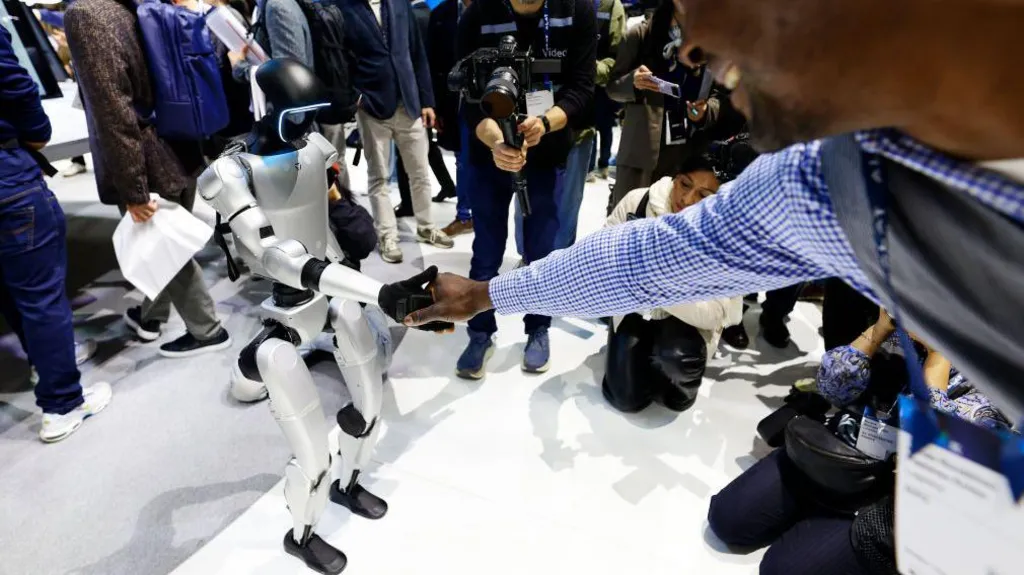
A group of British parents who believe social media played a part in the death of their children have travelled to the US to demand better online safety protections for children.
Four families flew to New York City to protest with hundreds of others from the US and Canadaoutside the offices of Meta – owner of Facebook and Instagram.
“All we’re asking for is can you please help us protect our children,” said Mark Kenevan, father of Isaac who died aged 13 from taking part in a social media challenge.
Their visit comes as media regulator Ofcom announced that websites will be legally required to block children’s access to harmful content from July to continue operating in the UK.
Websites will also have to introduce more rigorous age checks, according to its final children’s code of practice published on Thursday.
BBC Breakfast followed the four British families on their mission in the US.
The British parents walked with American families through the streets of New York City. Some parents held signs saying “Meta profits, kids pay the price”.
Others clutched framed treasured photos of their children, who had died.
Lisa Kenevan, mother of Isaac, said the families banding together had given each other strength.
“We just want government, we want tech companies to understand that we are getting stronger, our voices are getting stronger, and we’re not going to go away,” she said.
A coroner ruled that Isaac had died in 2022 as a result of misadventure, but the Kenevans say social media platforms were also to blame.
This year they were among several families who filed a wrongful death lawsuit against TikTok in the US, which accuses the platform of pushing dangerous prank and challenge videos to children to boost engagement time.
Maia Walsh’s family, who are part of the lawsuit, also believe the 13-year-old died from injuries while taking part in an online challenge. An inquest into her death will examine her use of TikTok.
Her father Liam Walsh, talking about the New York protest, told BBC Breakfast: “I feel as though we’re getting recognition for what happened to our children, because there is something in it – it’s not just desperate parents clutching at straws.
“We’re slowly revealing what happened to our children, and this is part of that movement.”


